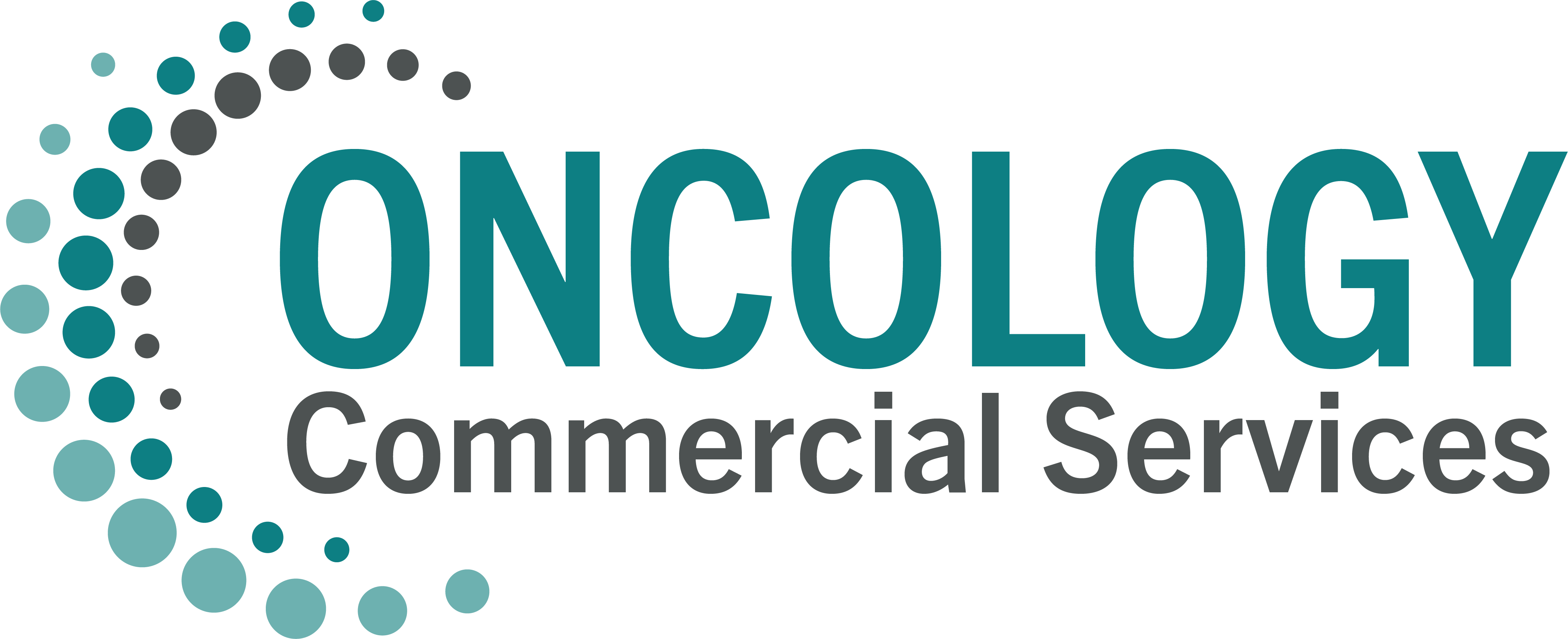Enfortumab Vedotin and Pembrolizumab in Untreated Advanced Urothelial Cancer
No treatment has surpassed platinum-based chemotherapy in improving overall survival in patients with previously untreated locally advanced or metastatic urothelial carcinoma.
We conducted a phase 3, global, open-label, randomized trial to compare the efficacy and safety of enfortumab vedotin and pembrolizumab with the efficacy and safety of platinum-based chemotherapy in patients with previously untreated locally advanced or metastatic urothelial carcinoma. Patients were randomly assigned in a 1:1 ratio to receive 3-week cycles of enfortumab vedotin (at a dose of 1.25 mg per kilogram of body weight intravenously on days 1 and 8) and pembrolizumab (at a dose of 200 mg intravenously on day 1) (enfortumab vedotin–pembrolizumab group) or gemcitabine and either cisplatin or carboplatin (determined on the basis of eligibility to receive cisplatin) (chemotherapy group). The primary end points were progression-free survival as assessed by blinded independent central review and overall survival.
A total of 886 patients underwent randomization: 442 to the enfortumab vedotin–pembrolizumab group and 444 to the chemotherapy group. As of August 8, 2023, the median duration of follow-up for survival was 17.2 months. Progression-free survival was longer in the enfortumab vedotin–pembrolizumab group than in the chemotherapy group (median, 12.5 months vs. 6.3 months; hazard ratio for disease progression or death, 0.45; 95% confidence interval [CI], 0.38 to 0.54; P<0.001), as was overall survival (median, 31.5 months vs. 16.1 months; hazard ratio for death, 0.47; 95% CI, 0.38 to 0.58; P<0.001). The median number of cycles was 12 (range, 1 to 46) in the enfortumab vedotin–pembrolizumab group and 6 (range, 1 to 6) in the chemotherapy group. Treatment-related adverse events of grade 3 or higher occurred in 55.9% of the patients in the enfortumab vedotin–pembrolizumab group and in 69.5% of those in the chemotherapy group.
Treatment with enfortumab vedotin and pembrolizumab resulted in significantly better outcomes than chemotherapy in patients with untreated locally advanced or metastatic urothelial carcinoma, with a safety profile consistent with that in previous reports. This is an important research finding in bladder cancer.
READ THE ARTICLE – https://www.nejm.org/doi/pdf/10.1056/NEJMoa2312117?articleTools=true
